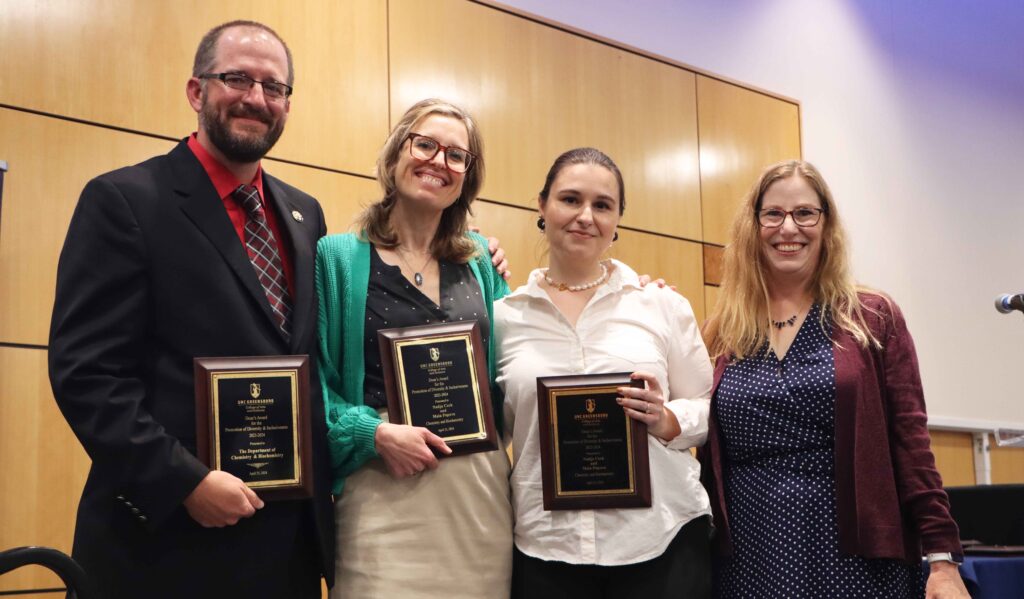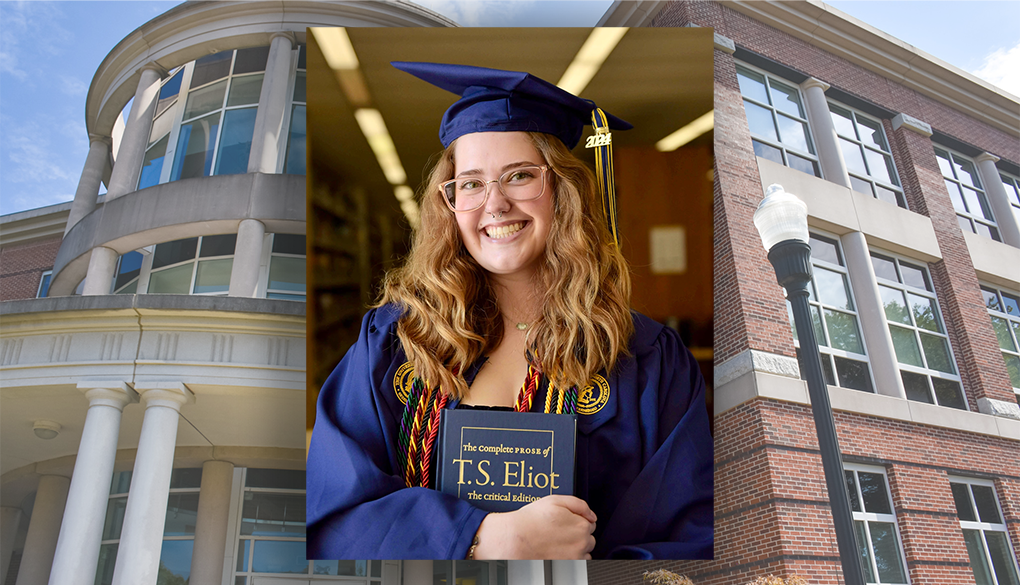Dr. Thomas Lewis (Mathematics and Statistics) received new funding from the National Science Foundation for the project “Narrow-Stencil Numerical Methods for Approximating Nonlinear Elliptic Partial Differential Equations.”
The goal for this research is to formulate and analyze various numerical approximation methods for nonlinear elliptic partial differential equations (PDEs). The primary focus will be on prototypical fully nonlinear second order problems such as the Monge-Ampere equation and the Hamilton-Jacobi-Bellman equation. The researchers will also consider linear problems with non-divergence form and fully nonlinear first order problems. Recently the researchers have formulated and analyzed a simple narrow-stencil finite difference (FD) method for fully nonlinear second order problems. The method does not rely upon the traditional monotonicity approach. As such, the methods can be used to approximate viscosity solutions of nonlinear PDEs without needing wide-stencils and without a first-order accuracy barrier when the PDE depends on the gradient of the unknown function.
The researchers’ previous works have devised ways to naturally extend finite difference formulations to high-order discontinuous Galerkin (DG) methods. In addition to formulating and analyzing narrow-stencil FD methods for various elliptic problems, researchers also hope to extend the new analytic techniques for the FD methods to the corresponding high-order DG methods. The current directions would be sufficient for mentoring two graduate students, and the work should have high impact due to the simplicity of the formulations when compared to monotone methods.
A newer direction in recent research and the secondary focus of this project concerns analyzing numerical methods for approximating positive solutions of nonlinear reaction diffusion PDEs that arise in mathematical biology and combustion theory. Many such problems have multiple solutions or no positive solutions. The researchers have recently developed a new finite difference framework for the convergence analysis that shows the methods do not converge to false PDE solutions. They also developed a guaranteed solver. The researchers plan to extend the results to a wider class of semi-linear PDEs as well as to finite element methods. By coupling the analysis with the solver, the methods can be used to constructively generate bifurcation curves complementing the PDE analysis for such problems that focuses on existence and uniqueness. Additionally, many of the standard techniques rely upon shooting methods and necessarily have to assume radial symmetry when working in higher dimensions. The proposed FD methods are more general and naturally enforce radial symmetry without strictly enforcing it. The methods will have high impact in rigorously simulating applications in mathematical biology.





